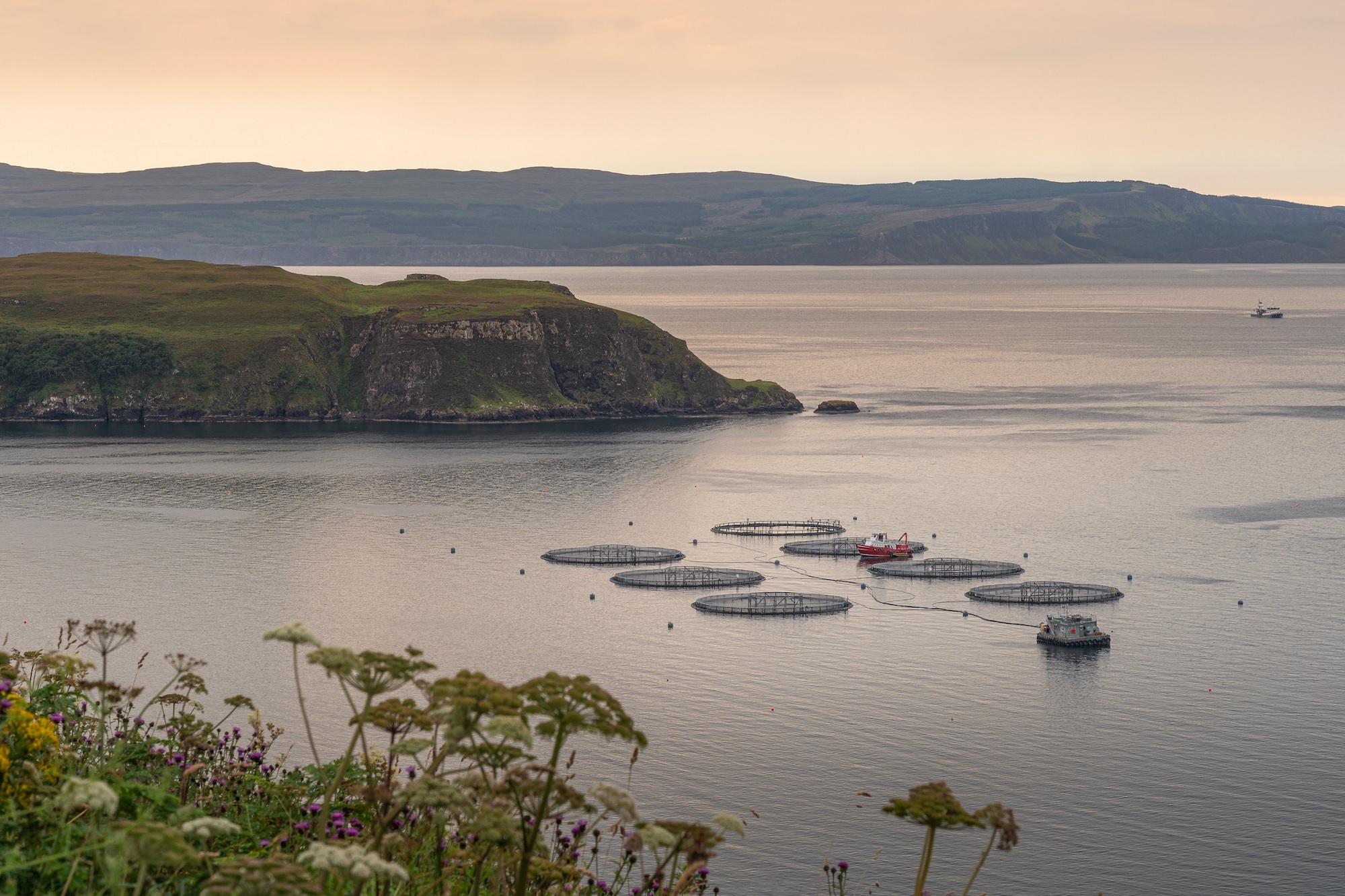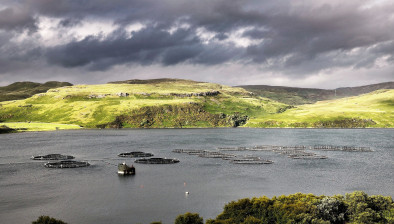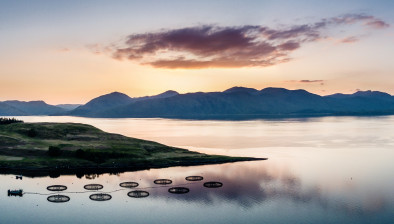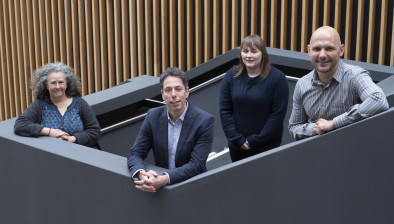SAIC reaches 100-project milestone following latest £2.5m funding round

The Sustainable Aquaculture Innovation Centre (SAIC) has announced support for a further six innovation projects valued at £2.5 million, taking its total investment in research and development initiatives to 100 projects.
The latest funding awards build on SAIC’s work to date which has seen £9.3m of investment turned into sector-critical research with a combined value of nearly £71m.
Each project has supported its priority innovation areas of improving the aquaculture sector’s environmental impact, enhancing fish health, and unlocking additional capacity in Scottish aquaculture.
The six newly funded initiatives have received over £580,000 from SAIC, supported further by contributions from businesses and sectoral organisations such as The Scottish Environment Protection Agency (SEPA).
The most recent funding round has prioritised two new research projects. The first is focused on helping farmers manage seal predation without harming marine life, while the second looks into the upcycling of aquaculture co-products, supporting Scotland’s drive towards net zero emissions and promoting biodiversity.
In addition, four ongoing projects will receive extra funding to facilitate the progression of their ideas. These projects are concerned with fish health and wellbeing, addressing issues such as harmful algal blooms, gill health and performance, freshwater salmonid production, and the modelling of fish farming’s impact on the benthic environment.
SAIC CEO, Heather Jones, said: “Reaching the 100-project milestone demonstrates our commitment to positioning Scotland as a world leader in sustainable aquaculture innovation.
“The work we have funded has delivered new products and processes, enhanced fish health and wellbeing and supported the development of new companies across Scotland and beyond.
“Continuing to support innovation projects that elevate the role of aquaculture in the circular economy while reducing its environmental footprint will be crucial for the future development of the sector.
“By connecting universities with sector needs, we will help to deliver economic value for Scotland and ensure aquaculture becomes a key contributor to achieving national Net Zero targets.”









